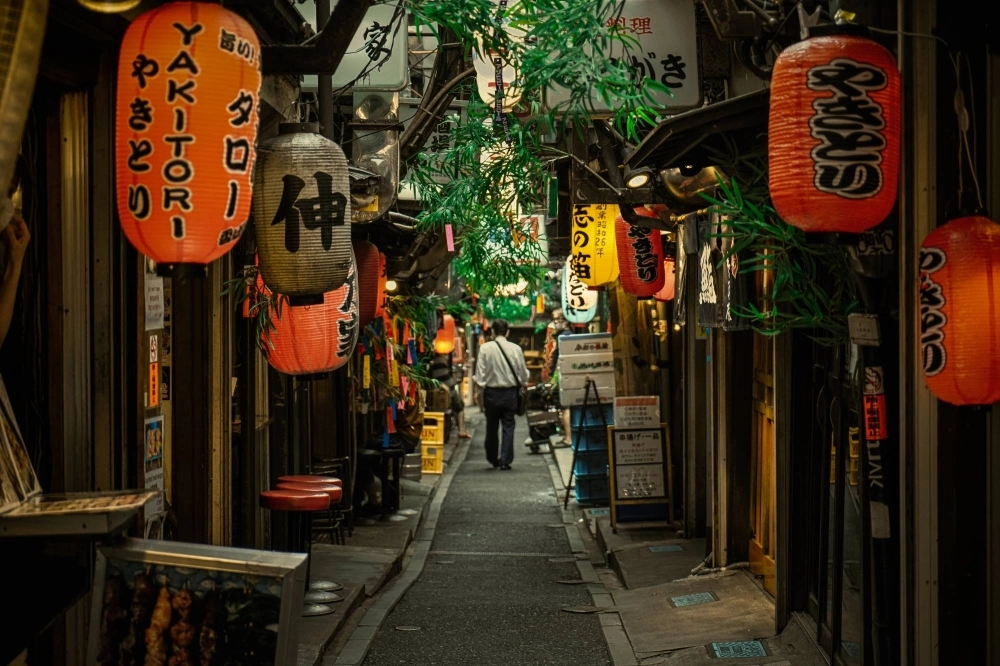Living in Tokyo is suddenly a bargain, at least on a relative basis.
According to data recently published by Mercer, it is now the 49th most expensive city in the world, right behind San Juan, Puerto Rico, and just ahead of Houston.
Osaka is the 146th most expensive city in the world, just behind Wellington. Yokohama is No, 154, just behind Casablanca, and Nagoya No. 161, just behind Santiago.


















With your current subscription plan you can comment on stories. However, before writing your first comment, please create a display name in the Profile section of your subscriber account page.